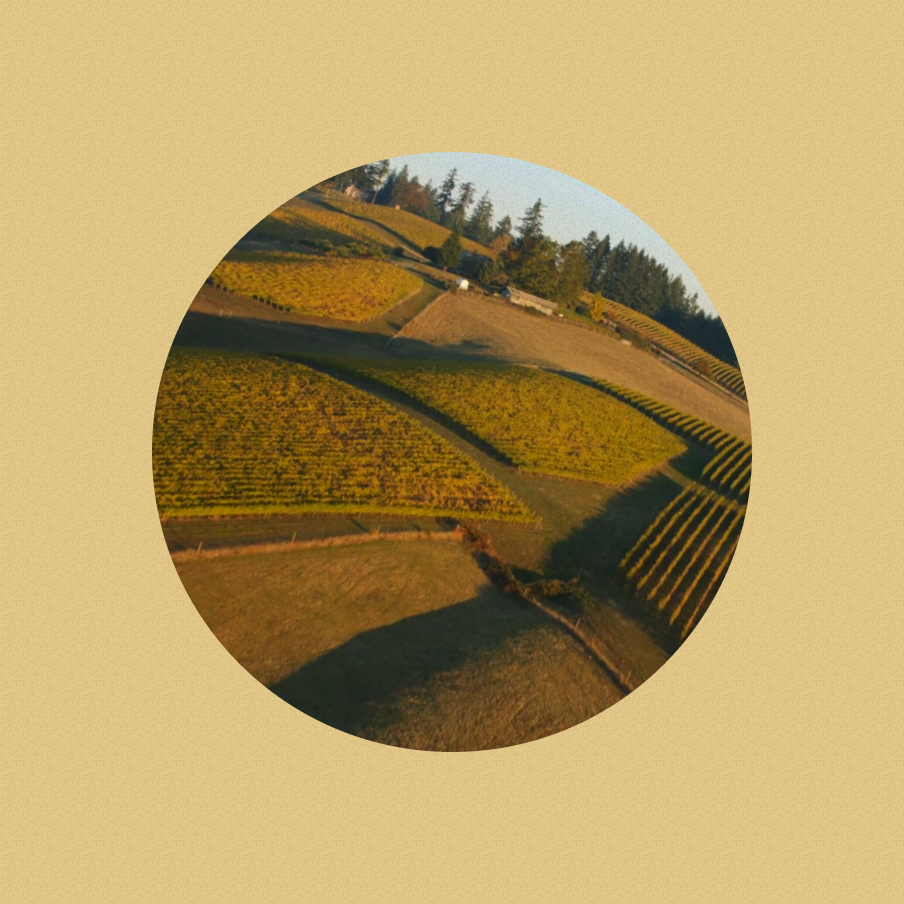
Univ of South Florida REL 3936/PHIL 4930
Movies and the Good Life
Dylan S. Bailey is a Postdoctoral Research Scholar in the University of South Florida’s Religious Studies Department.
How does the flourishing life feel? What beliefs and attitudes does it involve? What practices does it encourage and discourage? How do the natural world and other people factor in? How is the transcendent related to the immanent? How does it prepare us to deal with suffering and dying?
Listen on
In this course, we will examine religious and philosophical visions of the good life, and how those visions are portrayed in film. We will explore how different schools of thought answer the question: What does the flourishing life look like? Answering this question involves answering numerous other questions, such as: How does the flourishing life feel? What beliefs and attitudes does it involve? What practices does it encourage and discourage? How do the natural world and other people factor in? How is the transcendent related to the immanent? How does it prepare us to deal with suffering and dying?
We will investigate how various traditions have developed distinct visions in response to these questions. Students will gain the skill sets necessary to think critically, evaluate controversial arguments, and engage in theoretical discussions pertaining to philosophical and religious beliefs and arguments. We will examine how these traditions regard the place of bodily pleasures, intellectual pursuits, power, status, possessions, accomplishments, virtues, relationship with other human beings and the relationship (or not) with the transcendent in their vision of a good life. We will explore the resources they offer for dealing with stress, temptations, disappointments and failures, social oppression, the loss of possessions and of loved ones, and with one’s own death. As such, our focus is holistic, examining not just arguments and beliefs, but ways of living.
The relationship of these visions to film is twofold. First, films help us understand more holistically what these visions of the good life look like concretely (we are watching the Buddha meditating). Second, critically analyzing films and the dilemmas and choices their characters make can be a useful way to self-examine and practice a vision (the Buddha meditates on the film of himself); they can also offer deeply compelling stories in which we immerse ourselves, becoming a racted or repelled to visions in a more than purely intellectual way. In both ways, films enable us to inhabit various visions of the good life in ways that merely reading about them cannot. Thus, in the course of the semester, students will also learn how to interpret films as manifestations of different visions of the good life and evaluate their characters in terms of how well they instantiate these visions.
Required Texts:
Students are required to obtain Epictetus’ The Enchiridion (Hacke, 1983). All other required readings will be provided as pdfs on Canvas. Students will be required to purchase or rent at least one film.
In this course, we will examine religious and philosophical visions of the good life, and how those visions are portrayed in film. We will explore how different schools of thought answer the question: What does the flourishing life look like? Answering this question involves answering numerous other questions, such as: How does the flourishing life feel? What beliefs and attitudes does it involve? What practices does it encourage and discourage? How do the natural world and other people factor in? How is the transcendent related to the immanent? How does it prepare us to deal with suffering and dying?
We will investigate how various traditions have developed distinct visions in response to these questions. Students will gain the skill sets necessary to think critically, evaluate controversial arguments, and engage in theoretical discussions pertaining to philosophical and religious beliefs and arguments. We will examine how these traditions regard the place of bodily pleasures, intellectual pursuits, power, status, possessions, accomplishments, virtues, relationship with other human beings and the relationship (or not) with the transcendent in their vision of a good life. We will explore the resources they offer for dealing with stress, temptations, disappointments and failures, social oppression, the loss of possessions and of loved ones, and with one’s own death. As such, our focus is holistic, examining not just arguments and beliefs, but ways of living.
The relationship of these visions to film is twofold. First, films help us understand more holistically what these visions of the good life look like concretely (we are watching the Buddha meditating). Second, critically analyzing films and the dilemmas and choices their characters make can be a useful way to self-examine and practice a vision (the Buddha meditates on the film of himself); they can also offer deeply compelling stories in which we immerse ourselves, becoming a racted or repelled to visions in a more than purely intellectual way. In both ways, films enable us to inhabit various visions of the good life in ways that merely reading about them cannot. Thus, in the course of the semester, students will also learn how to interpret films as manifestations of different visions of the good life and evaluate their characters in terms of how well they instantiate these visions.
Required Texts:
Students are required to obtain Epictetus’ The Enchiridion (Hacke, 1983). All other required readings will be provided as pdfs on Canvas. Students will be required to purchase or rent at least one film.























